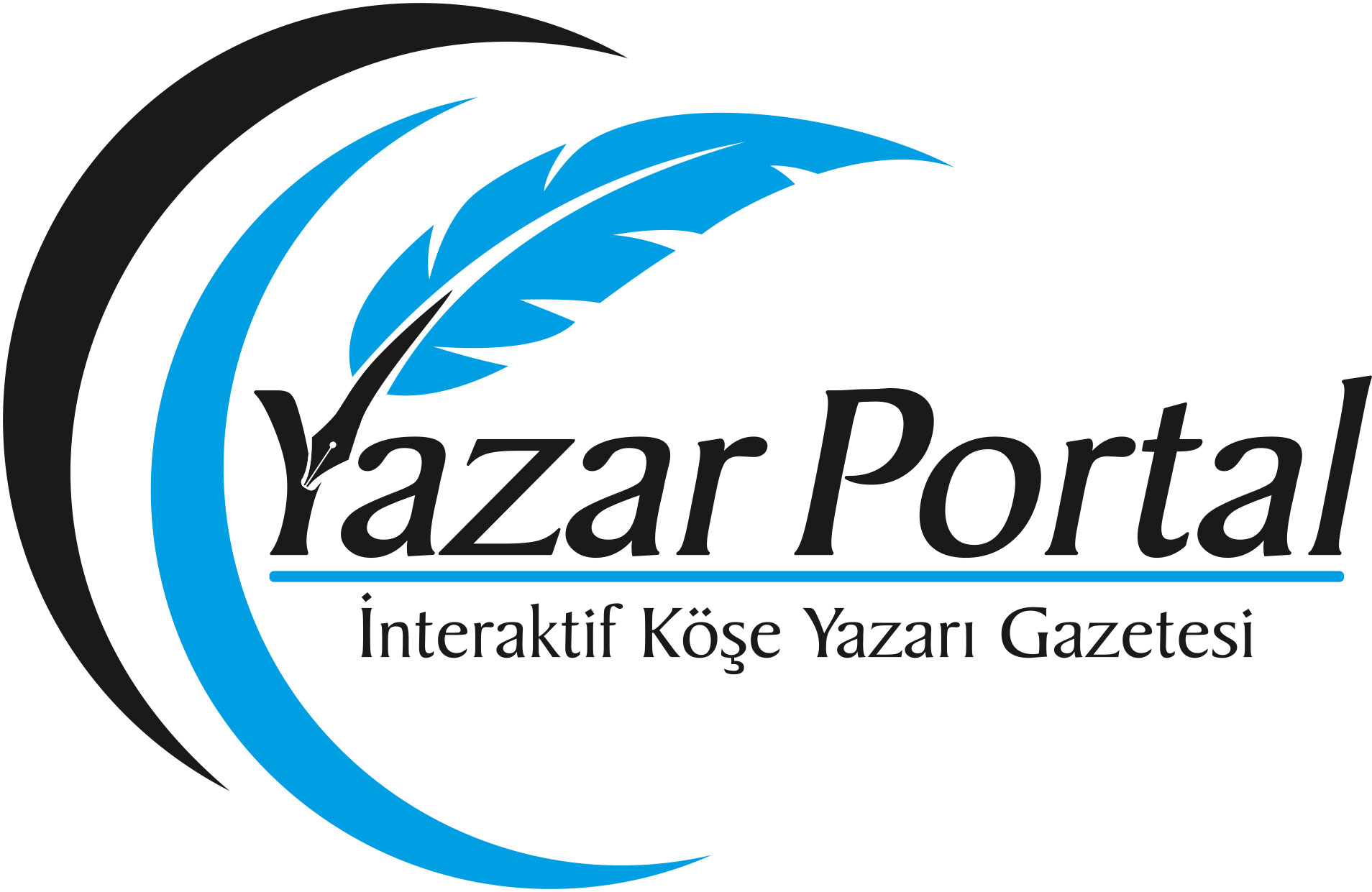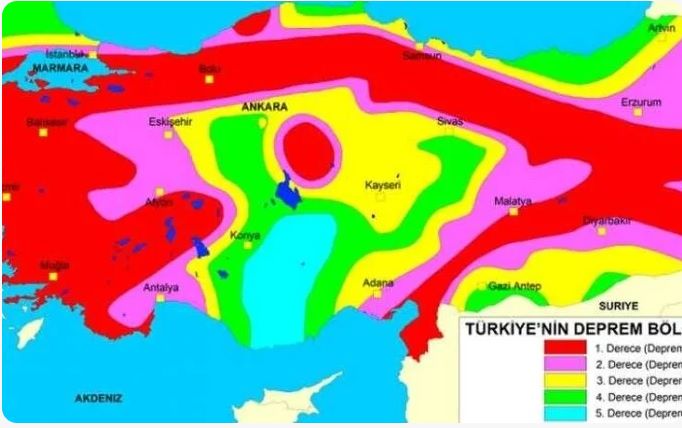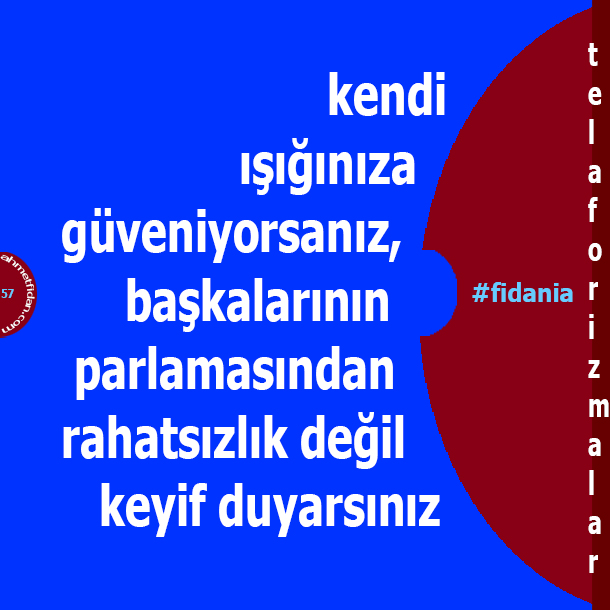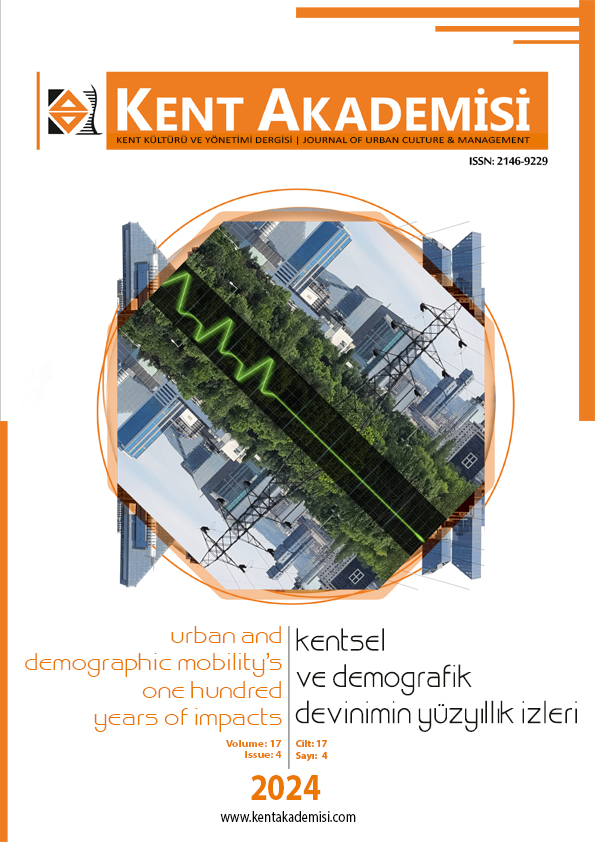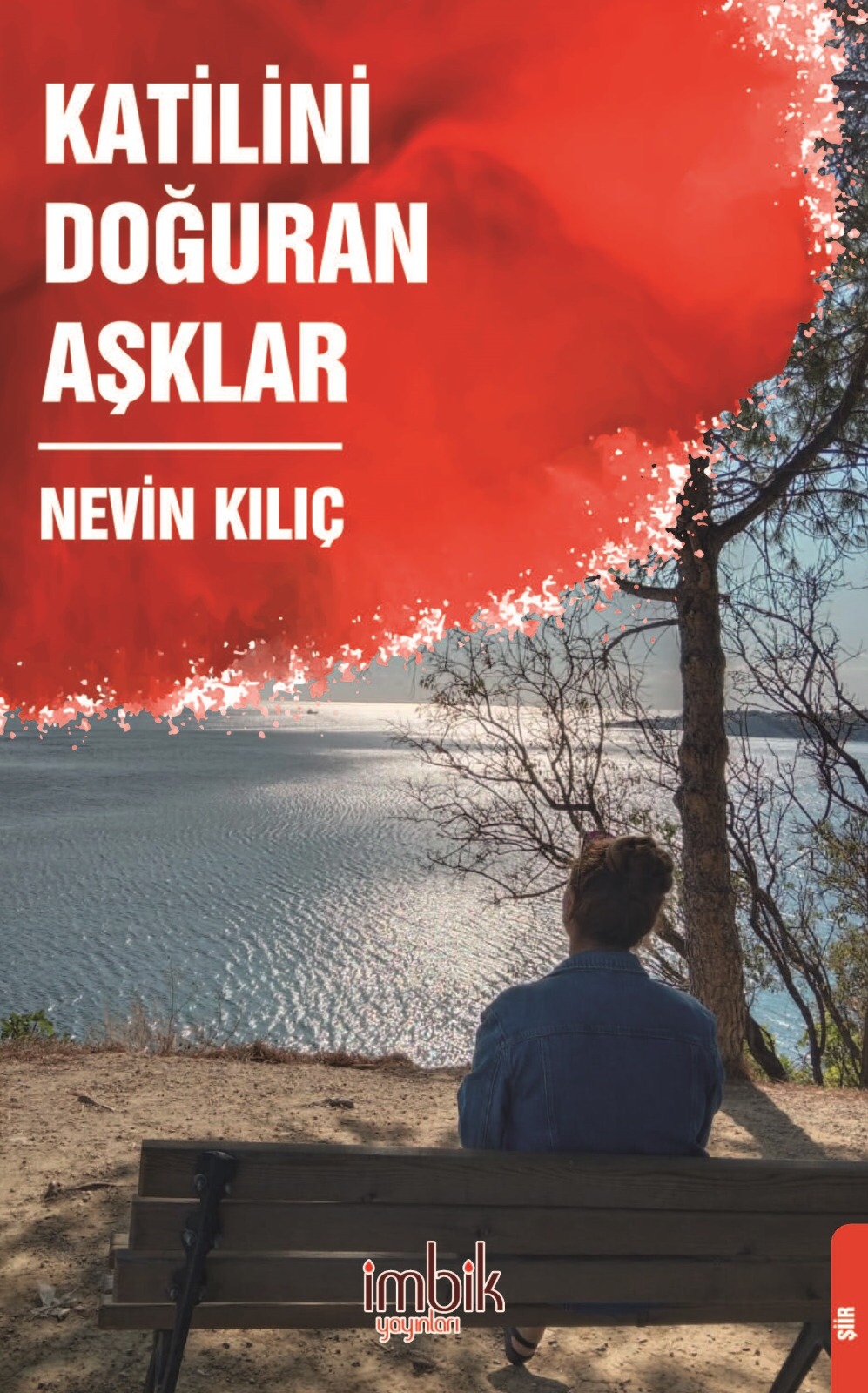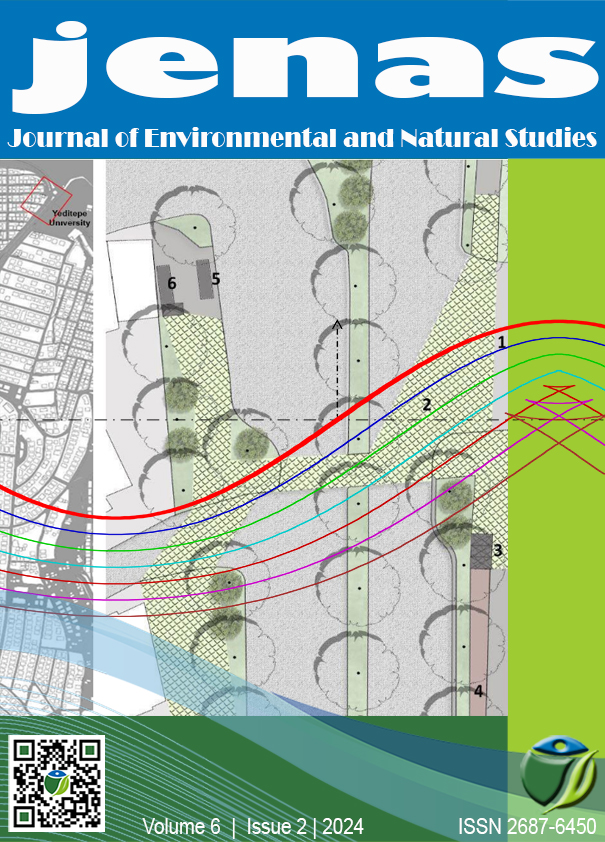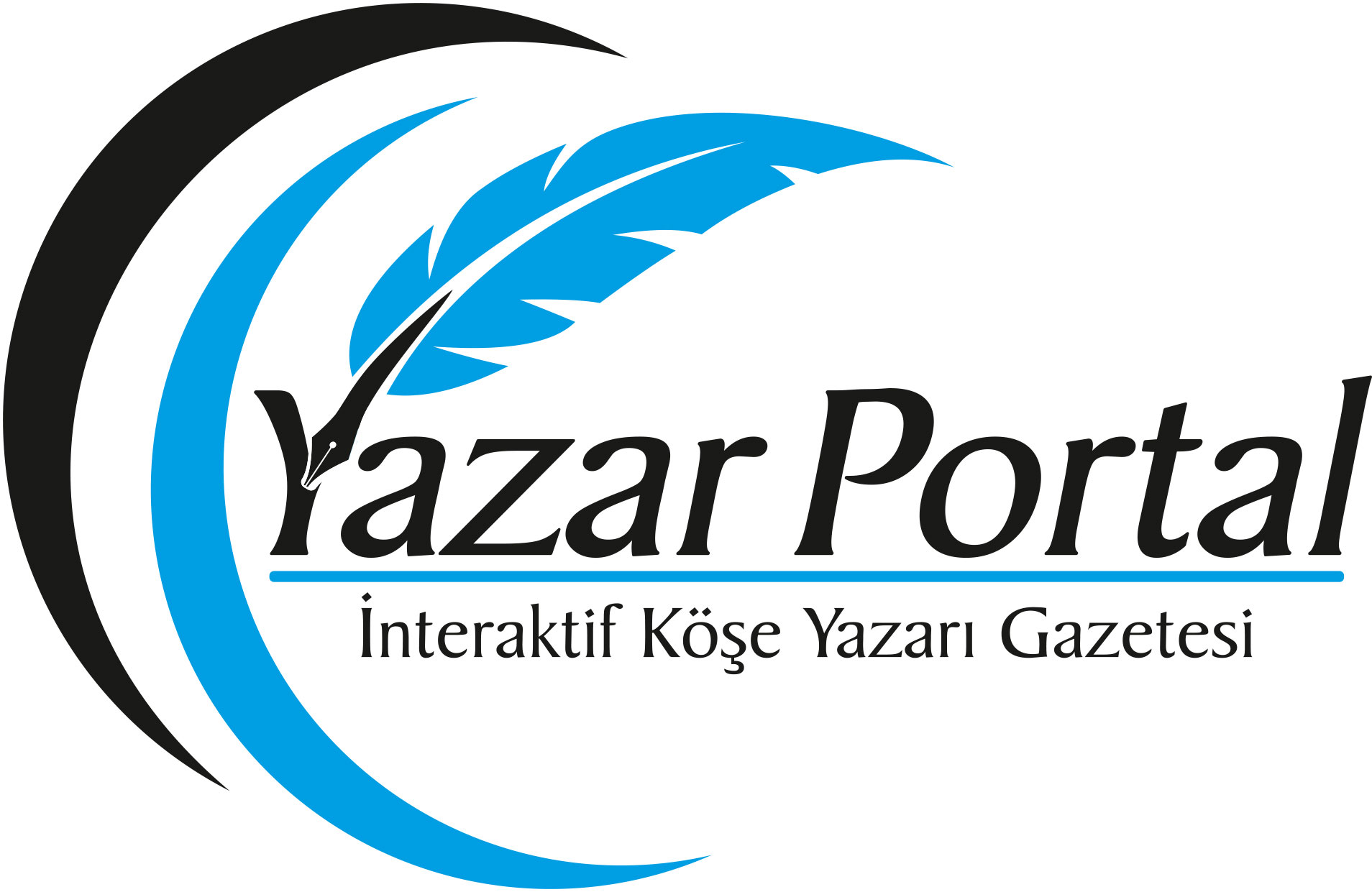Konfüçyüs’e, “Ülkenin bütün yönetimi sana bırakılsaydı ilk iş olarak ne yapardın?” diye sorulduğunda,
“Hiç kuşkusuz dili gözden geçirmekte, dili düzeltmekle işe başlardım” der.
“Niçin dil?” diye sorulduğunda ise,
“Dil düzgün olmayınca söylenen söylenmek istenen değildir, söylenen söylenmek istenen olmayınca yapılması gereken yapılmadan kalır, yapılması gereken yapılmadan kalınca törelerle sanatlar geriler, törelerle sanatlar gerileyince de adalet yoldan çıkar. Adalet yoldan çıkınca halk çaresizlik içinde kalır. Bu sebeple söylenmesi gereken başıboş bırakılamaz. Onun için dil her şeyden önemlidir.”[1]
Rabbimizle, eşimizle, çocuklarımızla ve halka halka açılan insan topluluklarıyla, fert fert ya da toplu olarak kurduğumuz iletişimde en çok üzerinde durmamız gereken “dil”dir.
Zira bu ilişkilerin yönetilmesinde en belirleyici unsur “dil”dir.
Babamız Hz. Adem (a.s.)’in halifelik misyonunda kendisine, dolayısıyla bize de verilen en önemli değer eşyanın hakikatine vukufiyeti yani esmanın öğretilmesidir.[2]
İyi bir iletişim için kişi kullandığı bütün kelimelerin gerçekten neye işaret ettiğini, hangi manaya geldiğini etrafını cami, ağyarını mani şekliyle bilmelidir.
Doğru iletişim için önce ses ve kelimelerin yerli yerince kullanılmasıyla başlar.
Dil ağzımda annemin sütüdür. Yahya Kemal Beyatlı
Dil insanın evidir. Martin Heidegger
Dil aklın aynasıdır. G.W.Leibniz
İslamiyet’in çıkışında şeriatın kılıncına karşı duran mutaassıp Araplar, belagatın hükmüne mukavemet edemediler. Zemahşeri
Dilimiz; akıl, vicdan ve gönlümüzden geçenlere tercüman olamıyorsa, kurduğumuz cümle ile yaşantımız örtüşmüyorsa ilişkilerde problem yaşayacağımız kesindir.
Zygmunt Bauman, “İlişkilerin yenilgisi, genellikle iletişim yenilgisidir” der.
İlişkilerde yenilgi yaşamak istemiyorsak ilk dikkat etmemiz gereken konu iletişim, iletişim de dikkat edeceğimiz ilk hususta kullandığımız dildir.
Evet, dil her zaman akıl, vicdan ve gönlümüzden geçene tercüman olamayabilir, o anları hissettiğimizde sükuta bürünüp gönül sohbeti formatına bürünmek en sağlıklı yoldur.
Konuşurken en çok dikkat edeceğimiz husus; akıl, vicdan, gönül ve davranışlarımız arasında tam bir uyumluluk halinin bulunmasıdır.
Konuşmak ve sükut konusunda önümüzde iki rehberimiz vardır:
Peygamberimiz (s.a.v.) bu iki rehberi bize bildirmiştir: “Ben size konuşan ve susan iki vâiz bırakıyorum, konuşan vâiz Kur’an, susan vâiz ölümdür.” [3]
O halde iletişimde konuşurken sözün en güzelini[4] seçerek konuşacağız, sözün en güzelini konuşamayacağımız bir durumda ölüm gibi sessiz kalmayı, sükut etmeyi tercih edeceğiz.
Çirkin söz, yalan, özellikle yapmadığımız bir işi yapıyormuş gibi söylediğimiz yalan, İslam’ın nifak ve küfürle ilişkilendirdiği en çirkin sıfatlar.
Yüce Allah’ın en çok ayıpladığı, kınadığı hatta tiksindiği davranış insanın yapmadığı işleri yapmış gibi konuşması.
“Ey inananlar! Yapmayacağınız şeyi niçin söylüyorsunuz? Yapmayacağınız şeyi söylemeniz Allah nazarında en tiksinti verici şeydir!”[5]
İyi bir iletişim insan ilişkilerinde temiz su gibidir. Nasıl ki temiz su aktığı müddetçe girdiği her mekanı kendine döndürür, yani temizler.
İyi bir iletişimcinin de çözemeyeceği hiçbir problem yoktur.
Bu sebeple “Ailede Huzur İçin 9 S” den en önemli ve birinci “S” olarak “Sohbet Birliği (iletişim)” ni belirledik.
Ailenin temel taşıyıcı kolonları; 1.S: Sohbet Birliği (iletişim) 5. S: Sevgi Birliği, 9. S’de Sabır Birliği’dir.
Dolayısıyla dostlar!
Kelimeleri bilerek, içine yaşanmışlıkları yani gönlümüzü koyarak, sevgimizi katarak, sabırla devam ettiğimiz sohbetimiz hem bize hem de çevremize taze, tatlı su gibi hep hayat verecektir.
Bu sakin günlerde lütfen kullandığımız ses ve kelimelerden başlayarak iletişimde kullandığımız bütün değerleri gözden geçirelim, bakımlarını yapalım, eksiklerini tamamlayalım, onları zenginleştirelim ve cilalayalım, parlatalım ki, coronavirüs (covid 19) günlerinden çıkışta onlara çok ihtiyacımız olacak.
Language and Communication
“What would you do first thing if all the country’s administration was left to you?” when asked,
“Undoubtedly, I would review the language and start with correcting the language.”
“Why language?” When asked,
“What is said is not wanted to be said when the language is not correct, what remains to be done is not done when it is not wanted to be said, when the things are not done, the arts are regressed with the ceremonies, and when the arts decline with the ceremonies, justice goes out of the way. When justice goes astray, the people remain in desperation. For this reason, it cannot be left unattended. For him, language is paramount. ”
It is the “language” that we need to focus on most in the communication we establish with our Lord, our spouse, our children, and the communities of people who go public.
Because the most determining factor in the management of these relations is “language”.
Our father Hz. In Adam’s caliphate mission, the most important value given to him, and therefore to us, is to teach the truth of the goods, that is, the master.
For a good communication, one should know what the words she uses really means, what she means, the mosque around her, and the pain in mania
For correct communication, it starts with the use of sounds and words in the native place.
The tongue is my mother’s milk in my mouth. Yahya Kemal Beyatlı
Language is the house of man. Martin Heidegger
Language is the mirror of the mind. g.w.leibniz
The Arabs who stood against the sword of sharia at the outbreak of Islam could not resist the rhetoric of rhetoric. Al-Zamakhshari
Our language; If the mind, conscience and our hearts cannot be interpreters, if the sentence we have established does not match our lives, it is certain that we will have problems in relations.
“The defeat of relationships is often the defeat of communication,” says Zygmunt Bauman.
If we do not want to experience defeat in relationships, the first thing we need to pay attention to is the language we use in communication and communication.
Yes, language may not always be the interpreter of our mind, conscience and heart, and when we feel those moments, it is the healthiest way to take a peaceful and peaceful conversation.
What we will pay attention to most when speaking; is a complete compatibility between our mind, conscience, heart and behavior.
We have two guides to speak and be quiet about:
Our Prophet (pbuh) has informed us of these two guides: “I leave two preachers talking to you and susan, the speaking phantom is the Qur’an, the phantom phantom is death.”
So while talking in communication, we will talk by choosing the best of the word, in a situation where we cannot speak the best of the word, we will prefer to remain silent and quiet like death.
Ugly word, lie, especially the lie we say as if we are doing a job that we do not do, is the ugliest adjectives that Islam associates with discord and blasphemy.
The behavior that Almighty Allah most shame, condemn and even disgust is that she talks as if she did things that human beings did not do.
“O believers! Why are you saying what you wouldn’t do? Saying what you do not do is the most disgusting thing in the eyes of God! ”
Good communication is like clean water in human relationships. Just as long as clean water flows, it turns every place it enters into itself, that is, it cleans.
There is no problem that a good communicator cannot solve.
For this reason, we have determined the “Chat Union (communication)” as the most important and first “S” from “9 S for Peace in the Family”.
Basic carrier columns of the family; 1.S: Chat Union (communication) 5. S: The Union of Love is the Union of Patience in 9th.
So friends!
Our conversation, knowing the words, putting our lives, that is, putting our heart, adding our love, will patiently give life to us and our environment like fresh and fresh water.
In these calm days, starting from the sounds and words we use, let’s review all the values we use in communication, maintain them, complete their deficiencies, enrich and polish them, and polish them so that we will need them very much when we leave coronavirus (covid 19) days.
[1] İsa Kayaalp, Dil ve İletişim, (Ankara: TDV Yay., 4. Baskı, 2020), 262.
[2] Bakara, 2/31.
[3] Bekir Karlığa, Faslü’l-Makal, 218.
[4] İsra, 17/53.
[5] Saf, 67/2,3.











